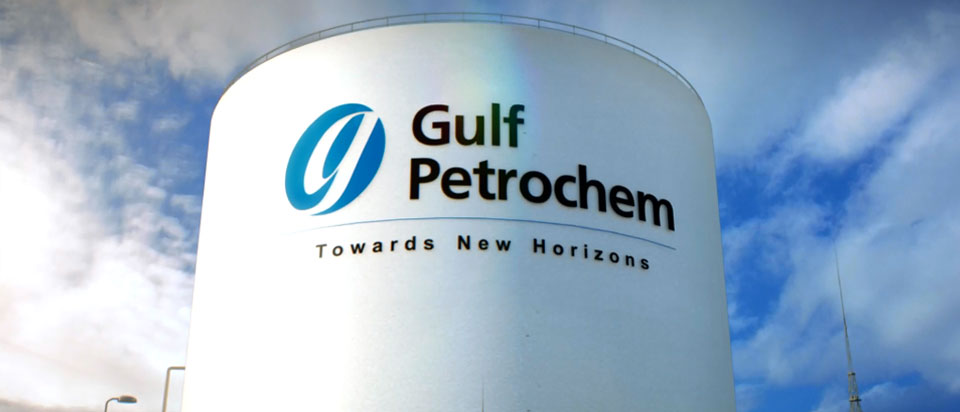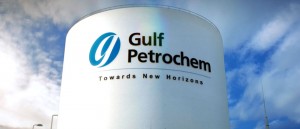CAPE TOWN, SOUTH AFRICA, October 1, 2015 EINPresswire.com/ — Global Pacific & Partners will host the 22nd Africa Oil Week/Africa Upstream Conference 2015, in JV partnership with ITE Group plc, 26th– 30th October, in Cape Town, South Africa.
This meeting commands unique global reputation as the most important in or on Africa, with 120+ Speakers, 150 + Exhibitors, 40+ Governments – and with over 30+ African National Oil Companies, plus official licensing agencies, and over 1,000+ key senior oil and gas industry executives and state oil officials from across or involved in Africa, currently confirmed to attend.
The Africa Oil Week is trusted worldwide as the only global venue for “one-stop” Licensing Round Announcements, Government Roadshows, and Corporate Showcase – along with rich-content and quality senior executive attendees providing direct opportunity for acreage and asset transactions, deal-making, networking, corporate partnership, new venture initiation, and high-level government relations.
Congo License Round 2016: HE Jean-Marc Thystere Tchicaya, Ministre des Hydrocarbures de la République du Congo supported by PGS, will make a keynote presentation and open the 2016 Licence Round and will host the Congo Roadshow during the Africa Oil Week with Ministerial, DGH and SNPC Delegations in attendance, and supported by PGS.
Gabon License Round Announcement: HE Etienne Dieudonne Ngoubou, Minister of Petroleum and Hydrocarbons, Gabon will be announcing the Gabon Deepwater License Round 2016. The Minister will be at the 22nd Africa Oil Week, with the Government Delegation in attendance, supported by CGG.
Ghana: The Petroleum Commission, Ghana joins as a Sponsor of the 22nd Africa Oil Week 2015. Theo Ahwireng, Chief Executive Officer, Petroleum Commission, Ghana will be present with a Ghanian delegation and the Commission will exhibit.
INP: Carlos Zacarais, Chairman, Instituto Nacional do Petroleo (INP), Mocambique, is confirmed to present at the 22nd Africa Oil Week, with an INP delegation present and also participating in the exhibition.
Kenya: The Ministry of Energy, Kenya, will be in attendance to present plans for future licensing.
Morocco: Onhym will be presenting and has confirmed presence at the Exhibition
New Sponsors: PetroSA, Vinson & Elkins, Wood Group, PSN
New Exhibitors: MGGS, Transnet National Ports Authority, Government of Alberta (Canada), CBH, CapMarine, GAMA Industrial Plants, Red Sea Housing Services, Horizon Geosciences, Stormgeo, RSI Geophysical, Vinson & Elkins, Ethiopia, McDermott, Geospace, Sonangol*, Bell Geospace, Cameron, ONHYM, Friburge Oil & Gas
The 22nd Africa Oil Week encompasses: the 13th Africa Independents Forum, 17th Scramble for Africa Strategy Briefing (Presentations by Dr Duncan Clarke, Chairman, Global Pacific & Partners) and 71st PetroAfricanus Dinner In Africa with social networking occasions, breakfasts, luncheons, dinners, and cocktail receptions.
Government & Country Presentations and Participation includes: Equatorial Guinea with Minister, Gabon with Minister and Ministry Delegation, Ghana, Mocambique, Egypt, Kenya, Uganda, Nigeria-Sao Tome & Principe JDA, Somalia with Minister, South Africa, Seychelles, Madagascar, Morocco, Ethiopia, Senegal, Namibia, AGC (Senegal-Guinea-Bissau), Malawi, The Gambia – plus with Bid Rounds and Roadshow Announcements from:Republic of Congo, with Minister, Government Delegation and SNPC-DGH, and Republic of Gabon – plus with Government Delegations from Sonangol and Angola, Madagascar, South Sudan, Sao Tome & Principe, and many others, as well as with Speakers Africa-wide on Cameroon, Nigeria, Tanzania, Comoros, Mauritania, Sierra Leone, Liberia, Chad, Zimbabwe, India in Africa, Japan in Africa, China in Africa, Statoil in Africa, United States in Africa, Canada in Africa, and African Development Bank, IFC, TSX, JSE, and Nipex.
Sponsors
ACAS-LAW, Africa Finance Corporation, Africa Oil Corp., Africa Petroleum Corp., AirFrance / KLM, Anadarko Petroleum Corporation, Centurion LLP, Chevron, Discover Exploration, ENI, Erin Energy, ExxonMobil, GEPetrol Equatorial Guinea, GreenbergTraurig, IHC Mercedes Holdings, Impact Oil & Gas Ltd, Nedbank Capital, Noble Energy, Oando, Ophir Energy, Petroleum Agency SA, Petroleum Commission Ghana, Petrolin Group, PetroSA, PGS, Pluspetrol, Polarcus, RPS, Rystad Energy, Salama Fikira, Saldanha Bay IDC, Seplat Petroleum, Seven Energy, Shell, TMX / Toronto Stock Exchange, Tullow Oil plc, Total, Veolia, Vinson & Elkins, Woodside Energy, Wood Group PSN
Detailed Program: includes 13th Africa Independents Forum, 17th Scramble for Africa Briefing, 71st PetroAfricanus Dinner in Africa, 22nd Africa Upstream, Africa Oil & Energy Finance Forum, plus Forums on Africa Exploration Technologies, Africa Local Content, and Africa’s Young Professionals
Visit www.africa-oilweek.com



















